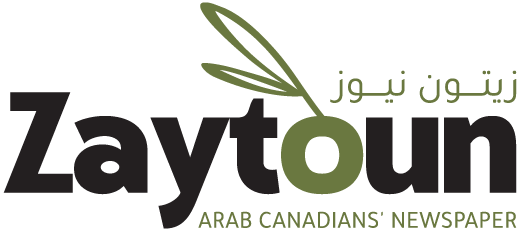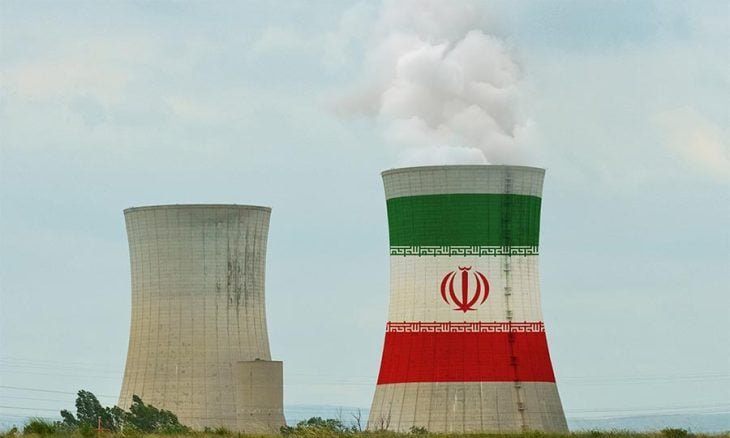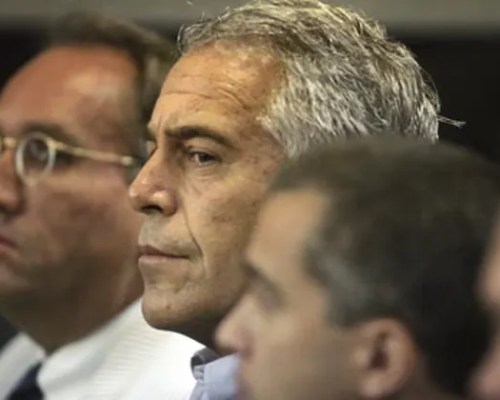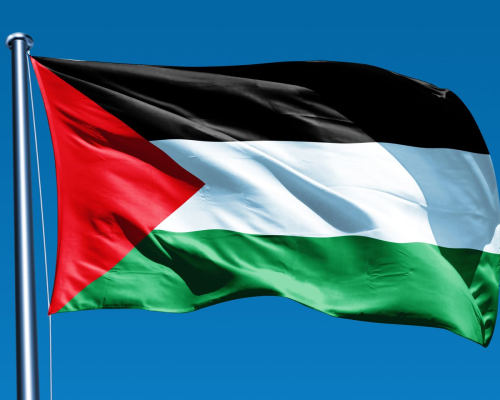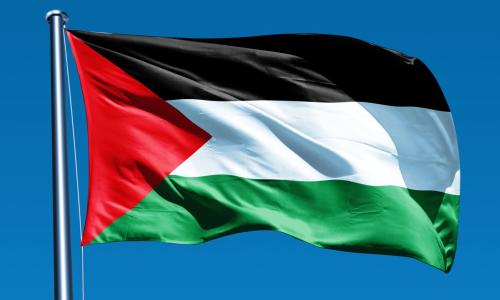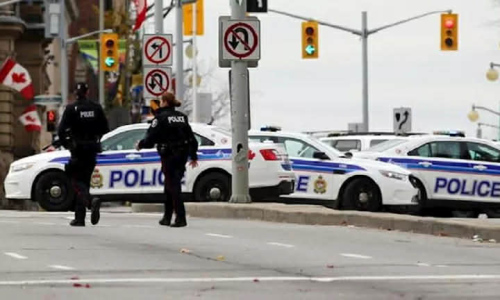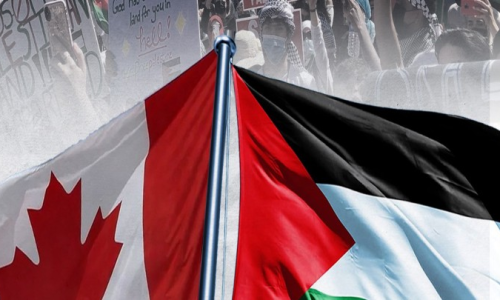By Taghreed saadeh
The recent military escalation between Israel and Iran, the repercussions of which are being felt in Palestine, has strongly echoed within the Palestinian territories. It has revealed a mix of popular satisfaction with the blows dealt to Israel by Tehran, and official neutrality—especially from the Palestinian Authority, which has previously expressed frustration with Iran’s growing role in the Palestinian file. Nonetheless, this did not prevent intense political and diplomatic activity from unfolding behind the scenes.
In the Gaza Strip, many Palestinians openly expressed feelings of relief and satisfaction following the Iranian attacks on sensitive Israeli sites. For many, these strikes were seen as long-overdue retaliation for years of Israeli aggression and as a symbol of a new balance of deterrence in a region long dominated by Israel’s military superiority and power.
Palestinian factions in Gaza, including Hamas, Islamic Jihad, and the Mujahideen Movement, were quick to condemn the Israeli strike inside Iranian territory, describing it as an act of aggression that threatens the stability of the entire region. They viewed Iran’s response as a legitimate right in the face of Israel’s continuous hostile policies.
Despite their vocal support, these factions maintained a measured tone, stopping short of directly engaging or escalating militarily following the exchange of strikes between Tehran and Tel Aviv.
The Palestinian Authority, on the other hand, adopted a more cautious and reserved stance. Though it largely remained silent officially, this reflects a state of discontent within the leadership in Ramallah toward Iran’s interference in Palestinian affairs. The Authority considers such interventions as attempts to undermine Palestinian legitimacy and turn the Gaza file into a bargaining chip in Tehran’s broader regional agenda.
The PA has previously sent both direct and indirect warnings to Iran, urging it to stop supporting certain Palestinian factions in a way that deepens internal division and weakens a unified national position. From Ramallah’s perspective, Iran’s involvement is not driven by genuine concern for the Palestinian cause but rather by its desire to exploit the conflict for its own regional interests.
According to diplomatic sources, President Mahmoud Abbas’s office has conducted communications with several capitals, including Cairo, Doha, and Amman, in an effort to shield the Palestinian arena from becoming entangled in the ongoing regional escalation. The PA is keen to keep communication channels open with international actors to safeguard the faltering political process and prevent the Palestinian territories from turning into a battleground for regional rivalries.
One of the consequences of this escalation has been the stalling of ceasefire negotiations concerning Gaza, which had been progressing under the mediation of Egypt, Qatar, and the United States. With international and regional players now focused on containing the Israel-Iran crisis, Gaza has slipped down the priority list for diplomatic efforts.
This decline is raising concern among all Palestinian parties. Conditions on the ground in Gaza continue to deteriorate, and Israel appears to be imposing new realities in the Strip. Meanwhile, the PA fears that any opportunity to revive the political track may fade—especially after the postponement of the New York conference on the Israeli-Palestinian conflict and the two-state solution, which was scheduled for June 18.
As the Palestinian leadership in Ramallah attempts to preserve what remains of the peace process, it finds itself cornered between a popular discourse inclined toward confrontation and a rapidly shifting regional map—one in which Palestine is no longer at the center of strategic decision-making.
